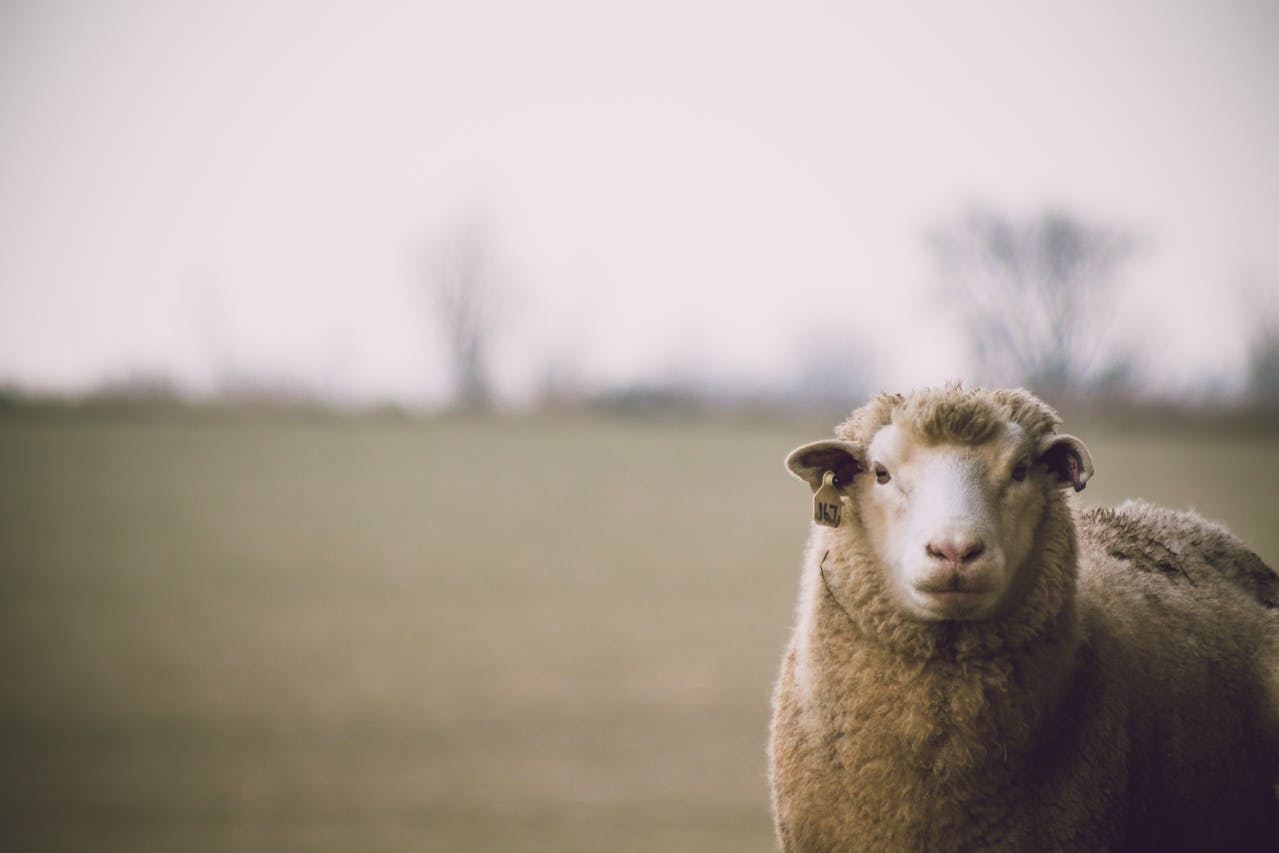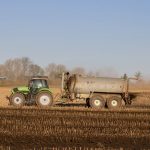
Bluetongue Case Confirmed in Kent - DEFRA to Roll Out Vaccines in Affected Areas
More cases of bluetongue disease have been confirmed in Faversham, Kent, UK as of September 12th, 2024. Temporary control zones have been set up in North East Lincolnshire and Kent. A restricted zone has been set up in Essex, Norfolk and Suffolk – see live map of restricted zones here.
In response, DEFRA is allowing the use of three bluetongue vaccines including BULTAVO 3. This injectable vaccine does not stop animals from passing on bluetongue, but it can reduce symptoms and the risk of death. Sheep are most at risk from bluetongue and it can kill them easily. Bluetongue mortality rates in sheep range from 2-30% but can be as high as 70%.
Your vet can give you the BULTAVO-3 vaccine. Sheep need just one dose, and cattle need 2 doses three weeks apart. The government is not paying for these vaccines, which will cost £10 per dose. Vaccinated livestock still cannot be moved within restricted zones.
What is Bluetongue Disease?
Bluetongue disease is a viral infection that affects sheep, cattle, goats, and other ruminants. It is spread by insects. Bluetongue cannot infect humans, and meat or milk from infected animals is still safe to eat. It is a notifiable disease, meaning you must report any suspected cases to APHA (Animal and Plant Health Agency).
Bluetongue symptoms
Symptoms of the bluetongue virus include:
- Crustiness around the nostrils and muzzle
- Redness of the nose, mouth, eyes, and skin
- Discharge and drooling from the nose and mouth
- High fever
- Swollen lips and tongue
If you are worried that your livestock might have bluetongue, contact your vet for advice and report any suspected cases to APHA immediately. You can also call the Defra Rural Services Helpline on 03000 200 301.
Grant Support and Farm Business Advice
Looking for expert support with applying for the DEFRA Slurry grant or any other farming grant or support? Get in touch today.
- 07464 669037
- ajs@esusagri.co.uk.
- ESUS Agri Ltd East Knowstone South Molton EX36 4DZ United Kingdom


